The coach who gave Ante Palaversa his senior football debut at Hajduk Split believes Aberdeen’s impressive new midfielder retains the “quality” to become a full Croatia international.
Palaversa made his first start for the Jimmy Thelin’s Dons in the 2-1 Premiership victory over Motherwell, and retained his place for the 4-0 Premier Sports Cup quarter-final win against Spartans on Saturday.
Former prodigy Palaversa’s talents earned him a £6million switch from hometown team Hajduk to English Premier League Manchester City in January 2019 – a move which looked to have put the then-18-year-old on the path to becoming the next Croatian football superstar.
However, having failed to go on to make an appearance for City, and after a series of temporary switches, including to Belgium’s KV Kortrijk – where he played alongside current Aberdeen team-mate Pape Gueye – Palaversa endured an injury-affected two-year spell at Troyes in France, before the now-24-year-old joined the Dons in the summer.
Aberdeen have Palaversa tied to an initial one-year deal, but can – in what looks to be a real contractual coup – extend his stay by a further two years should he continue to play as well as he has so far in red.
Sinisa Orescanin was the teenage Palaversa’s manager in three consecutive seasons – for Hajduk Split’s under-17s, before bringing him into senior football with Hajduk Split II in the Croatian second-tier, and then coaching Palaversa again when he took over Hajduk’s first-team in the country’s top-flight.
The current Croatia U19s boss, Orescanin is convinced Palaversa – who earned the last of his 12 U21s caps in 2023 – still possesses the level of talent which attracted Man City and can still achieve senior international recognition with 2018 World Cup runners-up Croatia.
Orescanin said: “I’ve not watched him too much after Hajduk, but I’ll give you my opinion after Hajduk and probably how he’s developed.
“I know about his destination clubs where he played – Oostende, Getafe, Kortrijk, Troyes and now it’s Aberdeen.
“The injuries have probably been the biggest problem, for me, because I have a very good opinion of Ante, both as a player and as a man.
“I think he’s a very specific player, who needs (a) good (amount of) games, combinations (with team-mates) and style of play – but it’s not a coincidence that Manchester City bought him!
“He’s probably had many positive and negative experiences in his life and for the clubs he’s played for.
“Now I think he’s ready, hearing how he has started at Aberdeen.
“At his age, at 24, it’s time to give the best for him and I believe in him. He’s a well-bred young man, a very good character.
“Can he go on to play for the national team? I don’t know – football is unpredictable – but he has the quality for that.”
Aberdeen getting Palaversa’s ‘best years’
Orescanin – who as well as Hajduk has also managed Gorica is the Croatian First League – rates the Scottish Premiership as “a very good level, (and) hard and fast football”.
He thinks it will suit “clever guy” Palaversa, and he has arrived at Aberdeen following his career setbacks ready for his “best years”.
Orescanin added: “Some players need less time, and some players need maybe more time to be good, complete senior players.
“23, 24 – these are the best years now for Ante, and I think he will play very, very good for Aberdeen.”
Palaversa ‘of a higher level than other players’ in Hajduk Split academy
Orescanin took over Hajduk Split’s U17 side in the 2016/17 season, and though it was an injury-hit campaign for the then-16-year-old Palaversa, the coach recalls it was clear the midfielder’s abilities on the pitch were “simply different” to what his team-mates could do.
“He did not train with us for three or four months and was missing for the team a lot,” Orescanin said. “He came back at the end of the season.
“This was my first experience with Ante, but we noticed immediately with him that Ante was simply different to the other guys in that team in terms of his understanding of the game, the quality of making the best decisions on the field, his positioning on the field and good timing of his actions.
“His vision of the game and technical execution of these decisions, and how simple it was to him, showed he was of a higher level than other players in Hajduk’s academy.”
‘Leader’ Palaversa adapted to senior football the ‘first time he played it’ – and has Toni Kroos skillset
As Orescanin then took over Hajduk Split II for their 2017/18 campaign in Croatia’s second-tier, Palaversa also made the step up – ultimately amassing 19 appearances (with 14 starts) in the Prva NL.
Still not 18, Orescanin explained how Palaversa rapidly “adapted” during his ascent from youth, to second-team, to first-team levels at Hajduk – putting this down to the natural, leader’s character he thinks the midfielder has.
His former boss said: “He was the captain of the nation for U19s, U17s before that – and all the time showed the character that he was the leader.
“He was not the guy who was shouting all of the time, but the leader with his football.
“His decision-making in senior football was good from the first time he played it.
“We agreed in our coaching staff and in our club that he was ready for senior football, and I called him for one tournament during the pre-season period – in his first game for the B team, he scored two goals.”
Character aside, Orescanin compared Palaversa’s overall midfield skillset to Toni Kroos, the six-time Champions League-winner with Bayern Munich and Real Madrid, saying: “I don’t know what he plays now for Aberdeen, but when he was 16, he was playing as a no.6 – a holding midfielder. He played there alone.
“But when we called him to the B team and senior level for the first time, we decided to give him a little bit higher position and he played as a combined no.8 and no.6 to develop his skills to be a little bit closer to the goal, because he had a very, very good shot, and very, very good set-pieces after that.
“Three or four months after he started to play for the first-team, I came to the first-team as manager, and worked with him in the first-team.
“We played a 4-4-2 with a diamond in the middle and we gave him the position of the left no.8 in the diamond and his task in the build-up, or when the goalkeeper had the ball in our box, was to come a little bit deeper and help. He played that well.
“I see him as a player with the profile of Toni Kroos.”
Orescanin says he advised Palaversa to ‘be patient’ before ‘too early’ Manchester City switch
Between the start of the 2018/19 season – Palaversa’s maiden campaign in Hajduk Split’s first-team – and Croatia’s December break, the 18-year-old made 17 appearances, scoring twice.
In January, Manchester City swooped to sign the young talent.
Orescanin, who had stepped up to take over the Hajduk senior side in late-November, thinks the first season in the top-team was a “good challenge” for Palaversa and “very good development”, where he “battled” with more established players.
However, having been left on the bench for some matches, Orescanin says the youthful Palaversa “wasn’t satisfied too much”, despite more than holding his own at what has historically been Croatia’s second club behind Dinamo Zagreb.
The coach revealed he advised Palaversa to spend at least another season at Hajduk, rather than sign for Premier League City, but the midfielder’s camp opted for the move.
As part of the deal between Hajduk and City, Palaversa was loaned back to the HNL club for the remainder of the 2018/19 campaign, which saw him tally up 30 appearances in all competitions for Hajduk as they finished fourth.
Orescanin believes how Palaversa’s City spell played out shows his counsel pushing him to remain in Croatia for longer was, unfortunately, correct.
“He wasn’t satisfied too much, because sometimes he played and sometimes he was not playing – but he was a young guy,” Orescanin said.
“I explained to him: ‘Ante, this is the normal thing. You are at home, this is your club, this is your coach who knows you very, very well, you just need to be patient and you will play more and more’.
“I remember this talk with him, but he decided – with his agent/manager and parents – to go (to Manchester City).
“My opinion now, after all these years, is he went too early and that second year in the first-team at Hajduk might have been better.
“But you don’t know (that when you are) making that decision in one day or two days – that’s life, you know!”
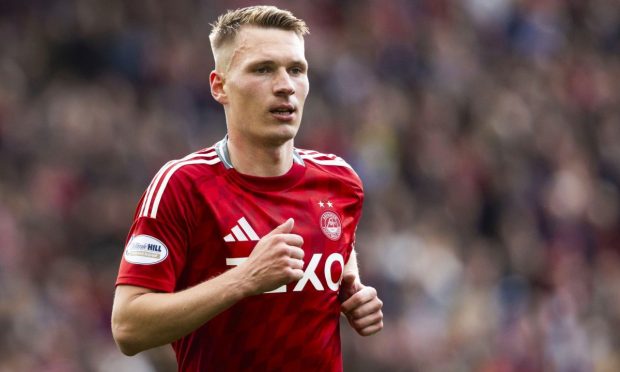
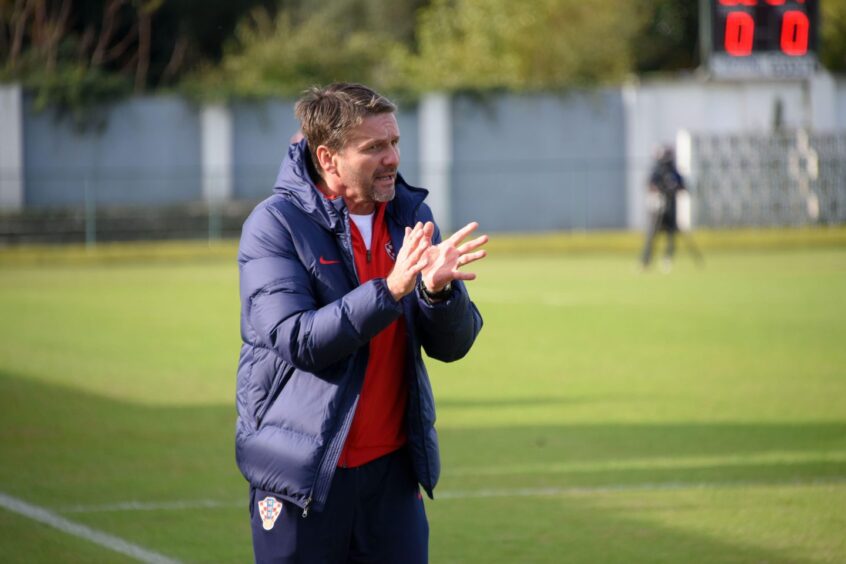
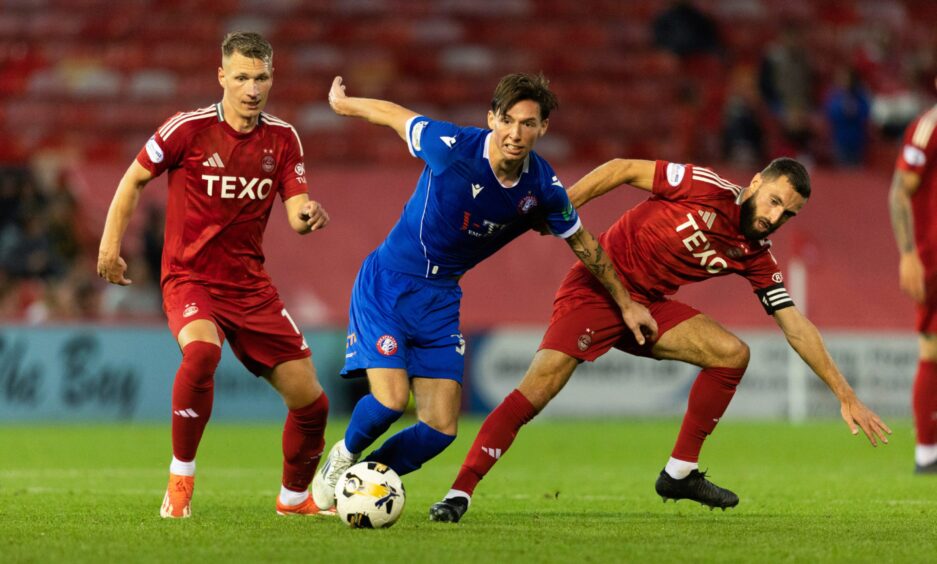
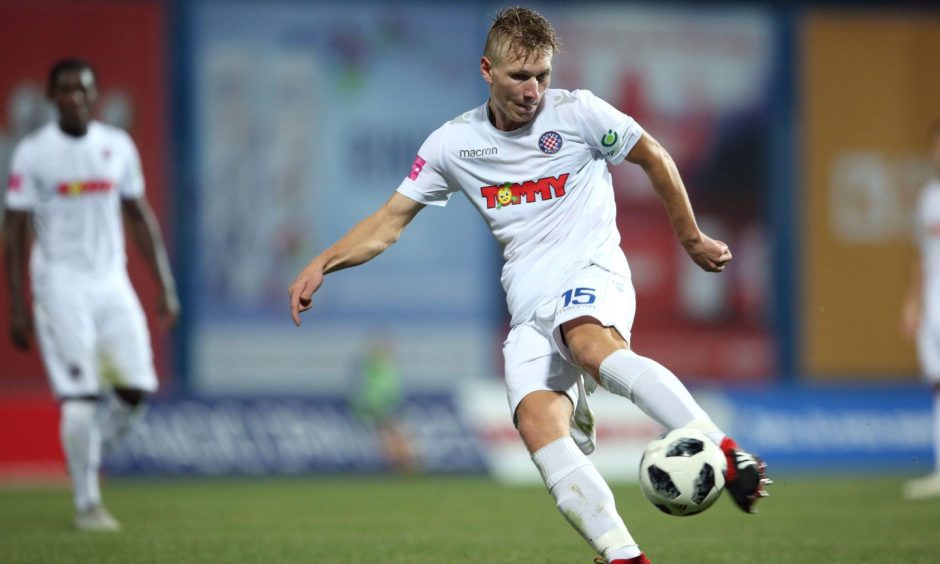
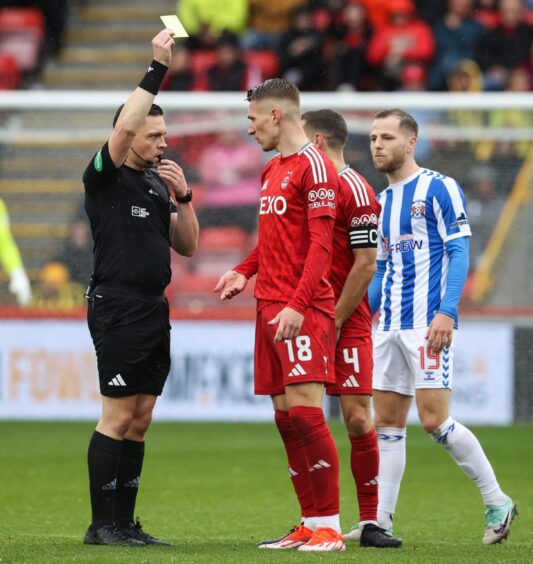
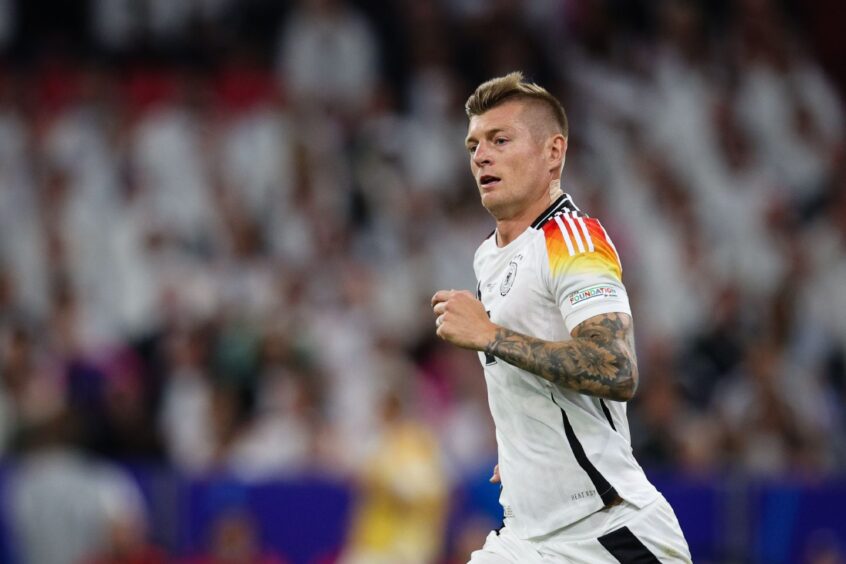
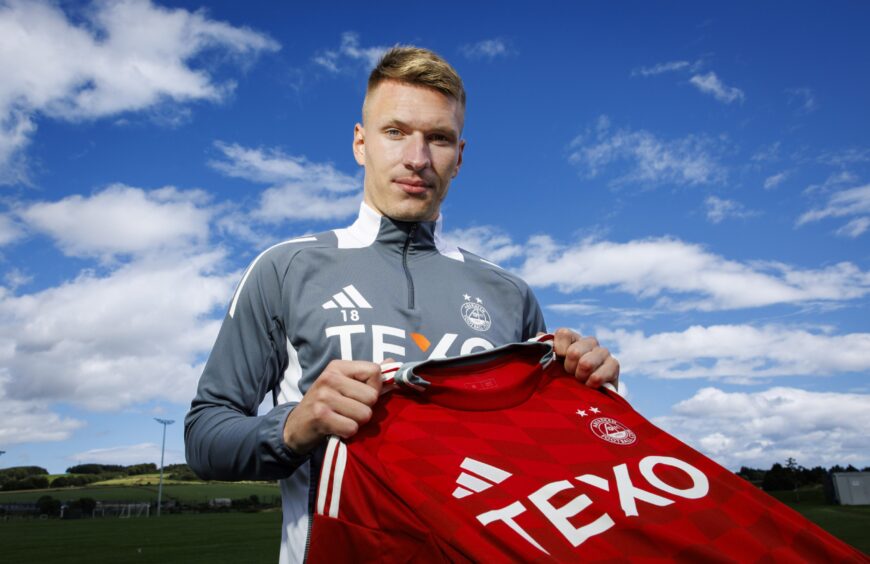
Conversation